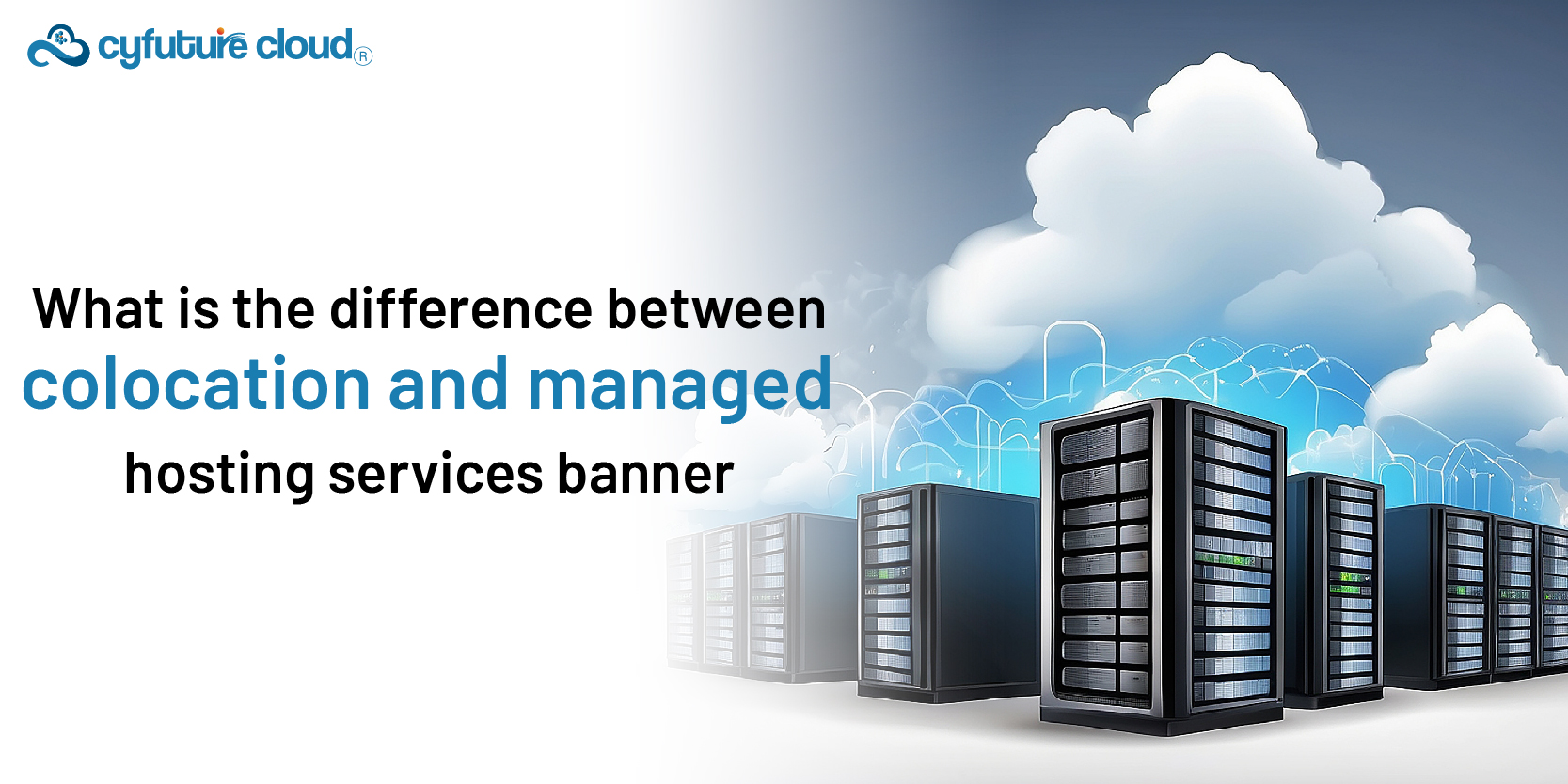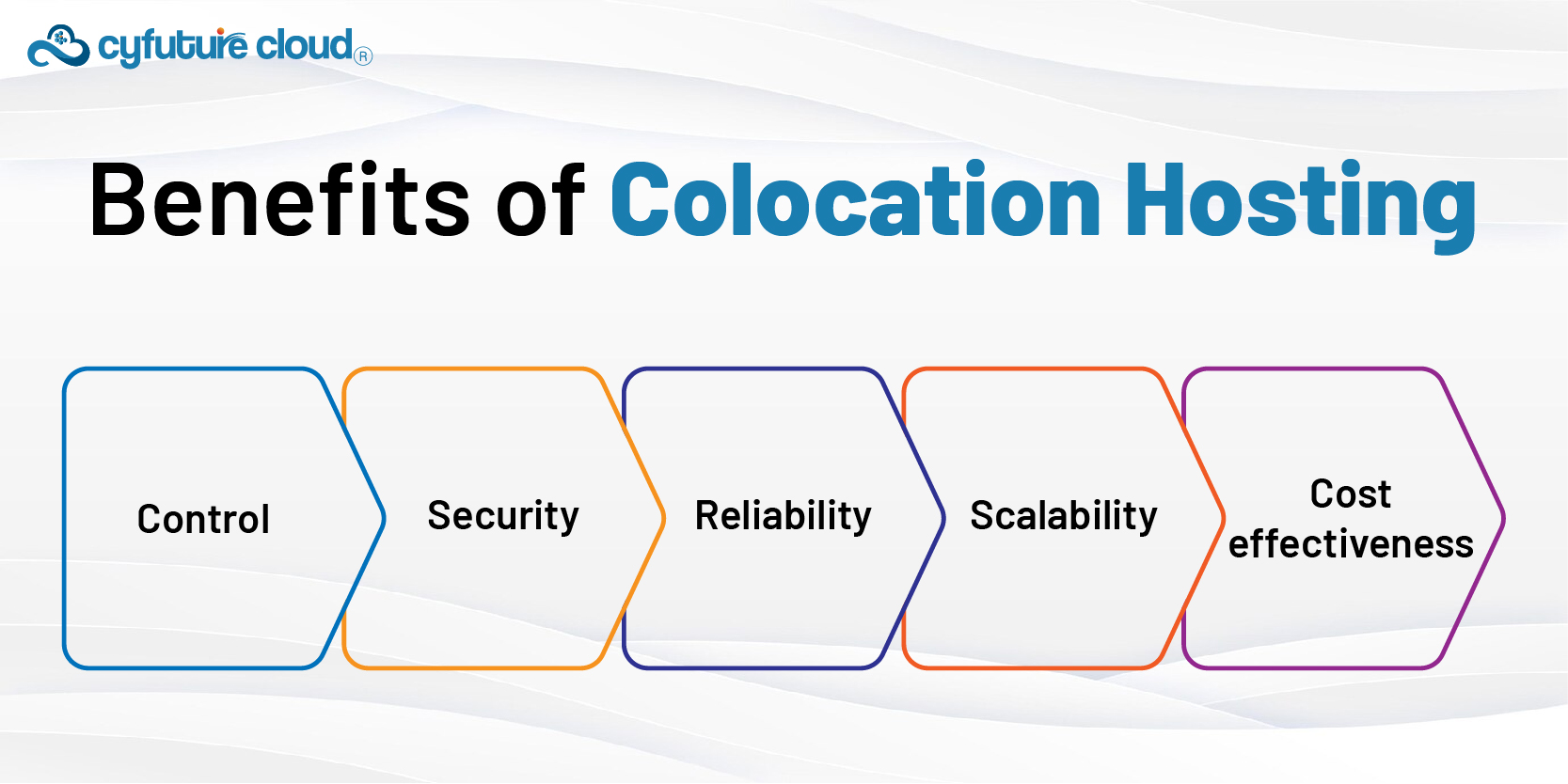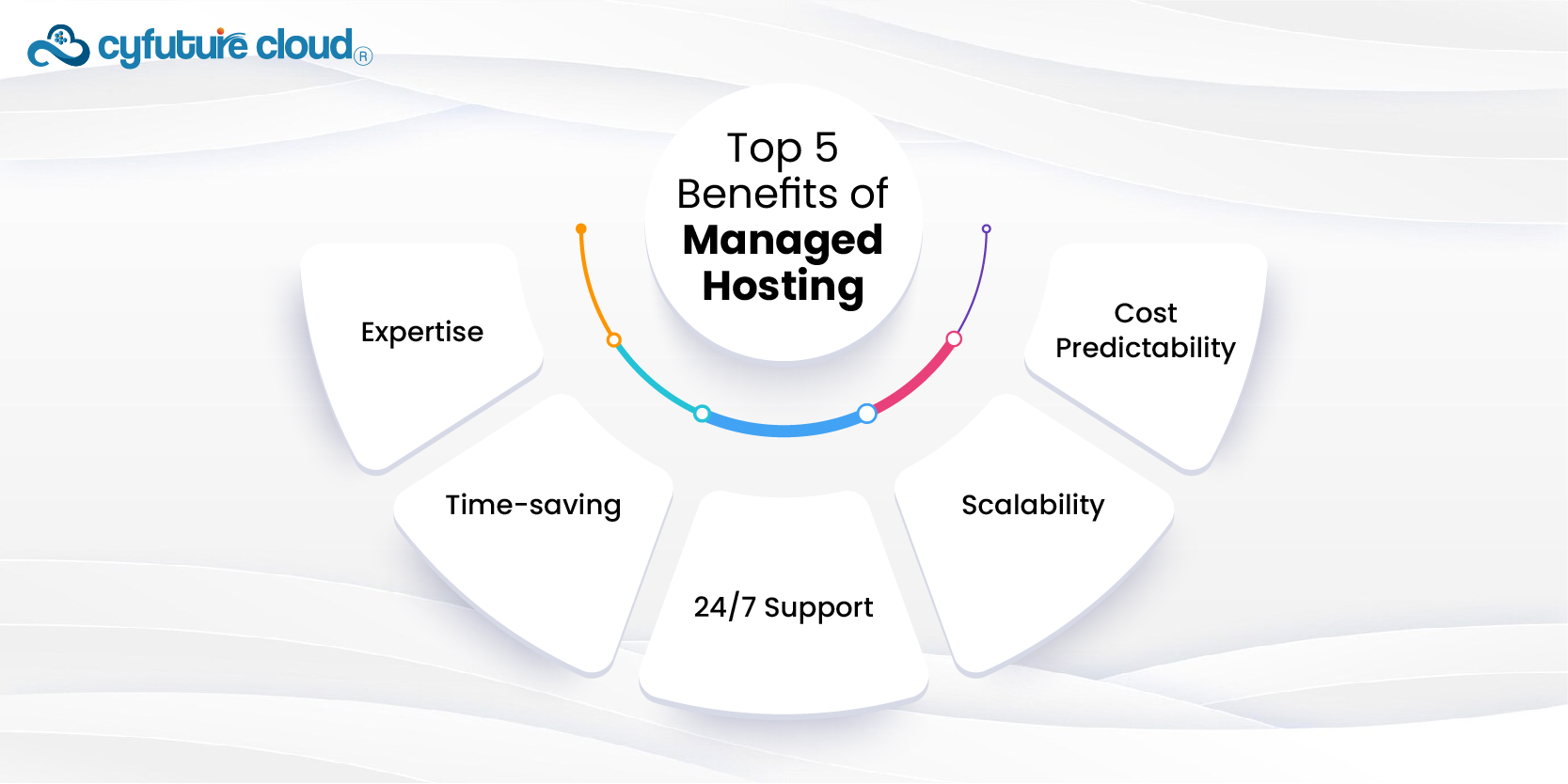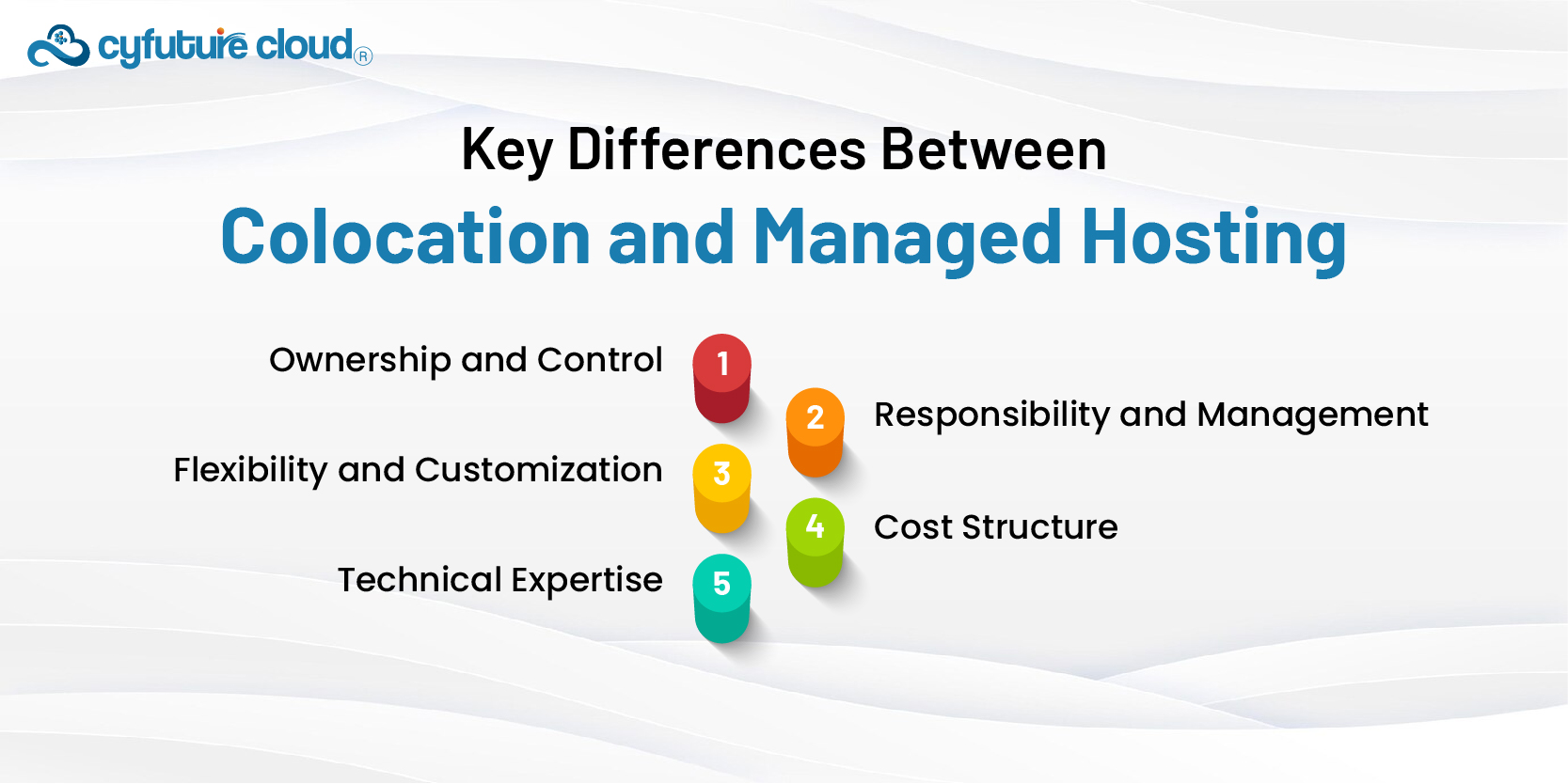 Server
Colocation
Server
Colocation
 CDN
Network
CDN
Network
 Linux Cloud
Hosting
Linux Cloud
Hosting
 VMware Public
Cloud
VMware Public
Cloud
 Multi-Cloud
Hosting
Multi-Cloud
Hosting
 Cloud
Server Hosting
Cloud
Server Hosting
 Kubernetes
Kubernetes
 API Gateway
API Gateway


In the ever-evolving landscape of web hosting solutions, two options often stand out: colocation vs managed hosting vs cloud services. Each offers distinct approaches to hosting your site or application, differing in management, control, and resource allocation.
It is time to examine what differentiates between self-hosted managed hosting plans so that you can select the perfect hosting choice for your specific requirements.
Colocation web hosting, generally known only as "colocation," involves physically placing your own servers and other IT equipment within a third-party data center. Rather than trusting a hosting company's servers, you transport your own hardware devices and rent the space and connections inside their facility to house them securely.
The data center provides electricity, ventilation, surveillance, firewalls, and high-speed internet access so your machines can function adequately in their climate-controlled building. Some equipment racks take up little physical space but power robust applications, while other sizeable server setups demand more square footage for their complicated operations.

You rent or purchase your servers and additional hardware in a colocation setup. The equipment is then transported to the colocation provider's facility, where it will be situated in dedicated racks or shelves. The provider optimizes the environment for high performance and reliability, with redundant power, climate controls, and physical security measures in place.
Once situated in the data center, you retain complete control over your gear. You are accountable for the upkeep and administration of servers, which includes repairs, software fixes, and security settings. The colocation provider handles facility duties such as confirming power is accessible and keeping network links in working order. Security, maintenance, and connectivity are managed to provide sturdy support and safeguard sensitive equipment and data. Performance must remain unhindered and access reliable irrespective of varying loads or incidents requiring the combined efforts of proprietor and facilitator.

Colocation hosting offers several advantages for businesses with specific requirements:
1. Control: This device gives you complete control over what hardware and software you want to use, what settings you want to apply, and even the possibility of changing any of these whenever you need.
2. Security: Colocated, these facilities present unparalleled security, whose possible implementations are the surveillance cameras, access control systems, or on-site security guards, the security of your equipment.
3. Reliability: Data centers are designed for high availability and failover; thus, redundant power sources, cooling systems, and network connections prevent unavailability.
4. Scalability: Your extra infrastructure grows dynamically over time with colocation as your business grows by adding more or even upgrading the servers and other hardware as your business may require.
5. Cost-effectiveness: Likewise, colocation may be more economical over time than the upfront costs of buying servers and renting space in a data center, minus the cost of keeping a growing number of computers and other equipment on hand.
On the other hand, managed hosting involves complete outsourcing of the hosting solution. The provider manages the entire infrastructure, including hardware, software, security, and maintenance. In this approach, you use a hosting provider to handle the burden of owning and managing servers and infrastructure resources.
In the case of managed hosting, it is not your case or the case of hardware purchasing and maintenance. Contrary to this, the capital expenditure on hardware and software is eliminated, as you pay for whatever you need from the provider, calculating your costs. The provider does the necessary manipulation by arranging the setup, configuration, and running the management duties of your hosting environment (hardware provisioning, software installation, security updates, and technical support)
Providers of managed hosting deliver a variety of services, such as server management, but can also offer highly customizable solutions that include monitoring, backup and recovery, and performance optimization. The cloud hosting service you will be receiving and the level of management and support are normally dependent on the service level agreement (SLA) with the hosting provider and your specific requirements.

Managed hosting offers several benefits for businesses looking to offload the burden of managing their hosting infrastructure:
1. Expertise: In reality, managed hosting companies own server management and hosting environment competencies, implying that they provide top-notch performance, security, and reliability.
2. Time-saving: By outsourcing server management to a hosting provider, you can concentrate on running your main business procedures, which can really boost the whole process, rather than devoting time and precious resources to fixing technical issues or maintenance routines.
3. 24/7 Support: Managed hosting providers normally provide 24/7 technical support, which ensures that assistance is available when needed, even in disaster or crisis situations and times of outages.
4. Scalability: Scalability is the hallmark of managed hosting solutions because you can effortlessly increase or decrease computing power as the number of users on the network grows or shrinks.
5. Cost Predictability: Managed hosting usually requires a subscription that incurs predictable monthly fees. This makes it much easier to budget and forecast expenses than colocation or self-management hosting services, whose costs are variable.

Now that we have explored the basics of colocation and managed to host let's highlight the key differences:
Ownership and Control: In managed collocation hosting, you bring your own full-fledged hardware, software, and configurations, which you control yourself, while in managed hosting, everything on your behalf is owned and managed by the provider.
Responsibility and Management: You administer your servers by yourself in the case of colocation. However, all the activities, like the provider, handle the setup process, monitoring, and support in the case of managed hosting.
Flexibility and Customization: Collocation offers more extensive flexibility and customization positions and enables you to arrange your infrastructure in the way you need it, while managed hosting only pumps out particular configurations and capabilities.
Cost Structure: Usually, colocation needs up-front payments and additional monthly costs for electric power, space, breath, and other utilities, whereas managed hosting is usually offered at a single, one-time, low fee on which you may base your budget.
Technical Expertise: Collocation requires a decent level of technical skills to handle your servers. On the other hand, managed hosting services imply that you do not have to worry about any technical issues since experts take care of them.
Making the colocation and managed hosting decision can be tricky, as you must consider your exact needs, technical acumen, budget, and scale plans. Colocation is an ideal scenario for companies that can control their IT infrastructure consistently and possess the resources and staff to ensure the infrastructure's good operation. Managed host can be an excellent option for businesses that want to delegate responsibility for server management capacity to a provider chosen as a part of a trusted network.
Through this process, you will better grasp the promises of colocation and managed hosting and choose the best option suitable for achieving your business goals and objectives and the stability and scalability of your website and applications. For more information, get in touch with colocation experts at Cyfuture Cloud!

Let’s talk about the future, and make it happen!
By continuing to use and navigate this website, you are agreeing to the use of cookies.
Find out more


